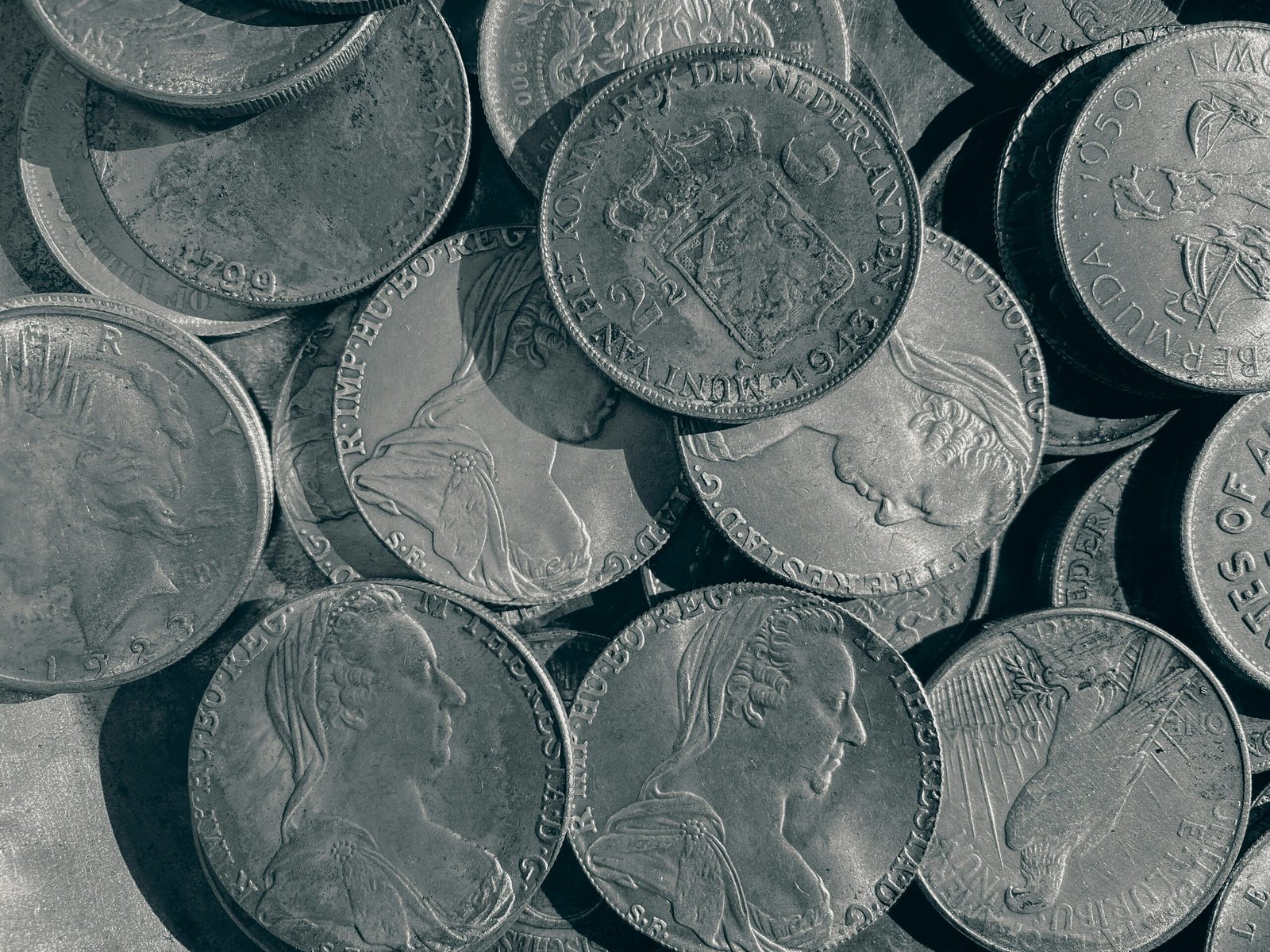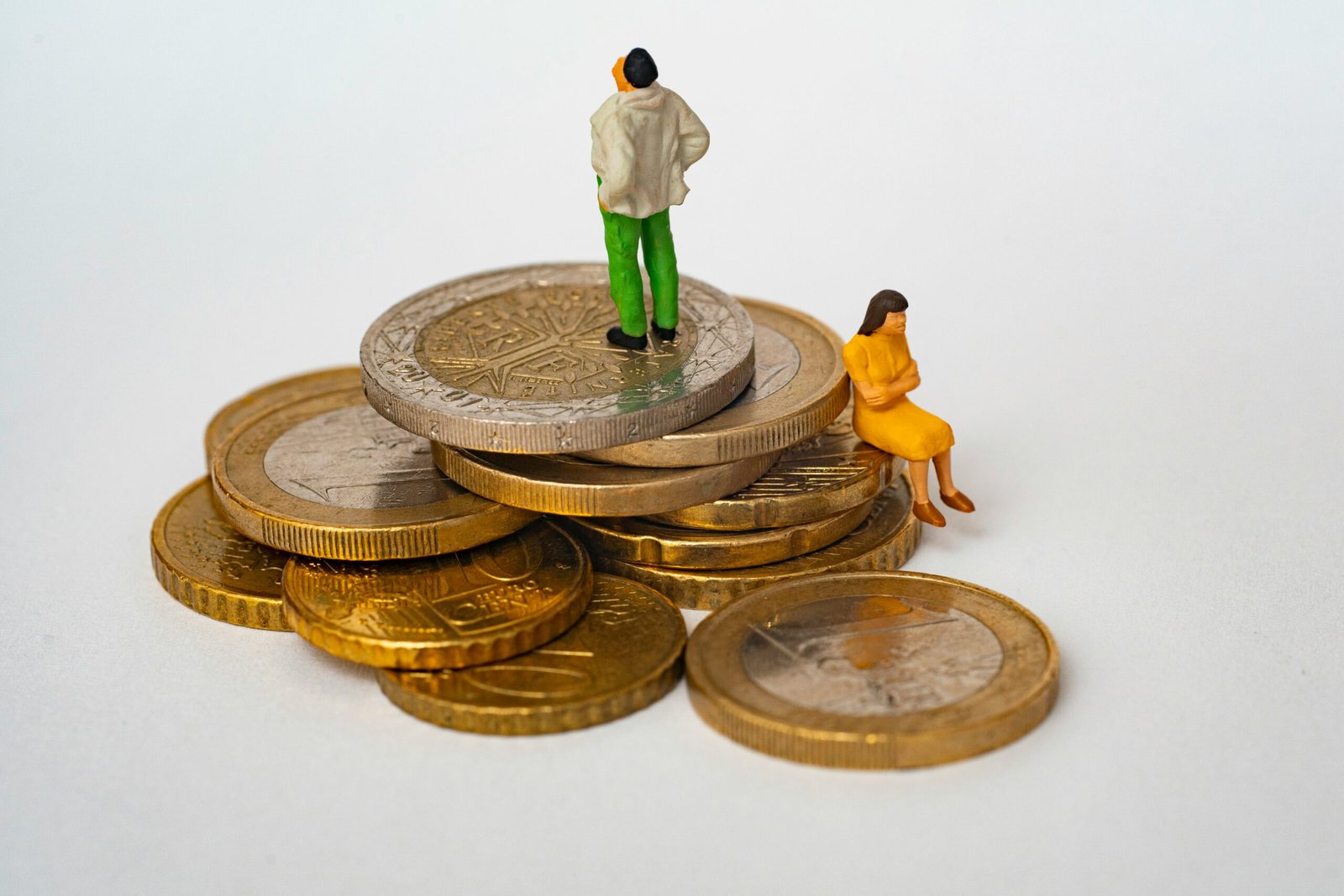The Evolution and History of Money
The concept of money has undergone a fascinating evolution, reflecting the dynamic nature of human societies and their economic needs. Initially, economies operated on barter systems where goods and services were directly exchanged. However, the limitations of barter, such as the lack of a common measure of value and difficulties in storing wealth, necessitated the development of more efficient systems.
The invention of coins marked a significant milestone in the evolution of money. Around 600 BCE, the Lydians in ancient Anatolia are credited with producing the first standardized coins, made from electrum, a naturally occurring alloy of gold and silver. Coins offered a durable, divisible, and portable form of money, facilitating trade and commerce across civilizations. The Greeks and Romans further refined coinage, setting the stage for its widespread use in the ancient world.
The emergence of paper currency represented another critical development. Originating in China during the Tang Dynasty (618-907 CE) and later popularized during the Song Dynasty (960-1279 CE), paper money addressed the limitations of metal coins, such as weight and scarcity. Paper currency eventually spread to other parts of the world, significantly influencing global trade networks and economic systems.
The establishment of banking systems marked a transformative period in the history of money. Banks began to issue promissory notes and credit, facilitating more complex financial transactions. The gold standard, which emerged in the 19th century, further standardized monetary systems by linking currency value to a specific quantity of gold. This system remained in place until the mid-20th century, providing stability and predictability in international trade.
The modern era has witnessed the advent of digital currencies, heralding a new chapter in the evolution of money. Cryptocurrencies like Bitcoin have introduced decentralized and secure ways of conducting transactions, challenging traditional banking systems and redefining the concept of money in the digital age. Digital currencies offer a glimpse into the future, promising greater accessibility and efficiency in global financial systems.
Throughout history, different civilizations and cultures have contributed to the development of money, adapting it to meet their unique economic needs. From ancient economies reliant on barter and metal coins to modern economies driven by digital transactions, the evolution of money reflects humanity’s ongoing quest for more efficient and reliable means of exchange.
The Economic and Social Impact of Money
Money plays a pivotal role in shaping both economic structures and social dynamics. Fundamentally, it serves as a medium of exchange, simplifying transactions by eliminating the need for a barter system. It also functions as a store of value, enabling individuals and institutions to save and accumulate wealth over time. Furthermore, money acts as a unit of account, providing a common measure for valuing goods and services, which facilitates trade and economic calculation.
In terms of economic impact, money is indispensable in facilitating trade. By providing a widely accepted medium for transactions, it helps streamline the exchange of goods and services, thereby boosting economic activity. Additionally, money enables savings and investments, crucial components for economic growth. Accumulation of capital through savings can be invested in various productive ventures, fostering development and innovation.
The influence of money extends to economic policies as well. Central banks and governments utilize monetary policies to regulate money supply, manage inflation, and stabilize economies. For instance, adjusting interest rates can influence borrowing and spending, thereby impacting overall economic growth. The global economy, interconnected through trade and finance, is significantly influenced by the flow of money across borders, with exchange rates playing a crucial role in international economic relations.
Socially, money impacts wealth distribution and access to resources. Disparities in income and wealth can lead to significant societal inequality, affecting everything from education and healthcare to opportunities for economic advancement. Financial systems and monetary policies can either mitigate or exacerbate these disparities. For instance, progressive taxation and social welfare programs aim to reduce inequality by redistributing wealth, while regressive tax systems may deepen economic divides.
Contemporary issues such as inflation, debt, and the rise of cryptocurrencies further illustrate the complex role of money. Inflation erodes purchasing power, impacting savings and investments. National and global debt levels influence economic stability and policy decisions. Meanwhile, cryptocurrencies challenge traditional financial systems, offering decentralized alternatives that could reshape economic interactions.


